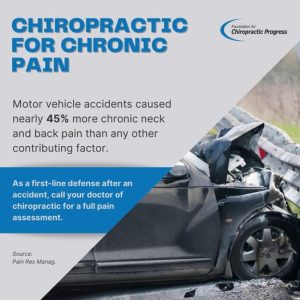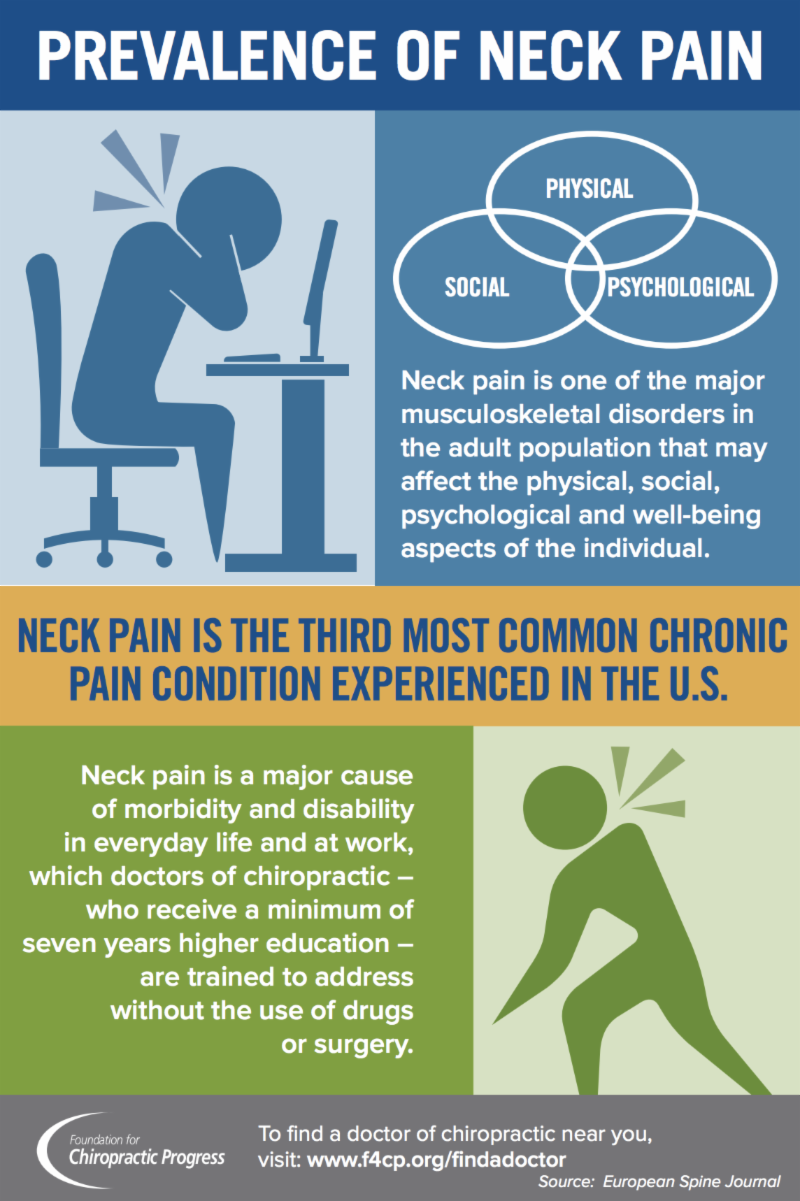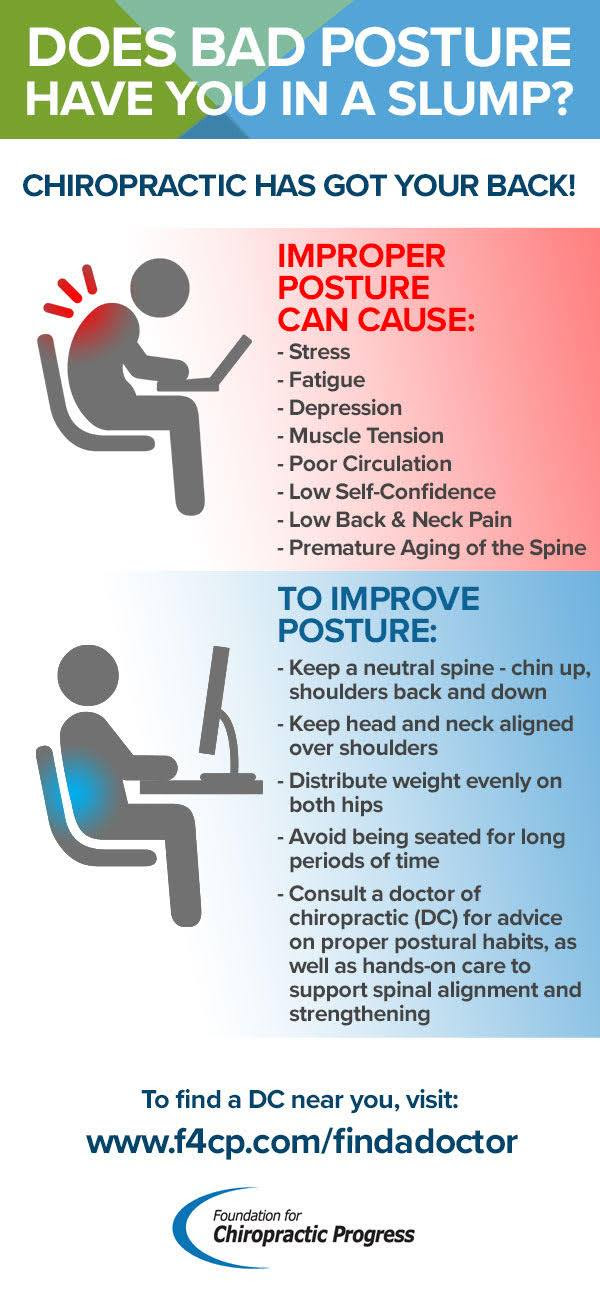Sometimes our world can be a pretty dangerous place; many of us have experienced a traumatic brush (or collision) with reality. And although accidents may be unavoidable, much of the pain and suffering resulting from traumatic injuries may, in many cases, be avoided with chiropractic care.
Every trauma has the potential to upset and damage your body’s structural balance by causing subluxations. Subluxations are slight structural distortions that create abnormal stress. This stress impinges, “pinches,” stretches or compresses your nerves. This in turn this affects your muscles, internal organs, glands, discs, bones and even your brain itself. Subluxations can cause general overall body malfunction or disease. Disease can result in fatigue, premature aging, arthritic changes, muscular weakness and altered function of your internal organs.

Too often, severe health problems can begin as a little fall, bump, shake-up, or whiplash that caused a subluxation. Many times chiropractic patients have discovered that the cause of their present complaints was a childhood fall or even birth trauma. Millions of people leave emergency rooms unaware that they are carrying around hidden distortions (subluxations) that can cause severe health problems later in their lifetime.
It is an unfortunate fact that over half of the auto accident victims never fully recover under medical care. There are still pain, disability, and other constant reminders that they have not been fully healed. If you or someone you know who has been in an auto accident or a mild to serious trauma, do not let your condition become worse. Call today to schedule your appointment at Fogarty Chiropractic Life Clinic at (321) 636-5200.





